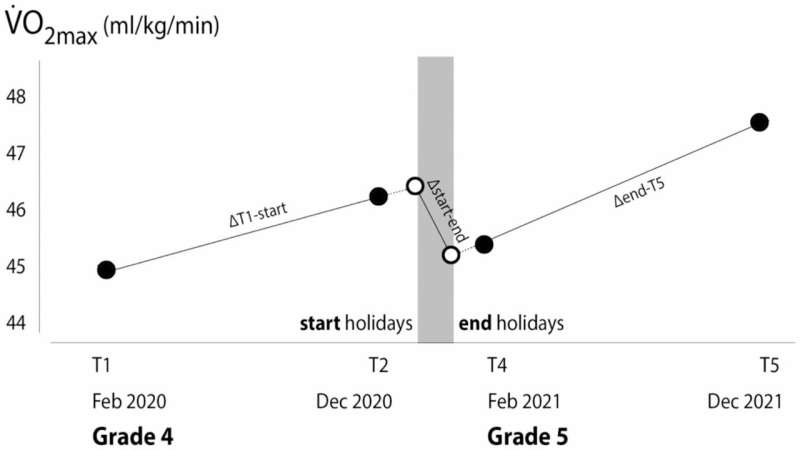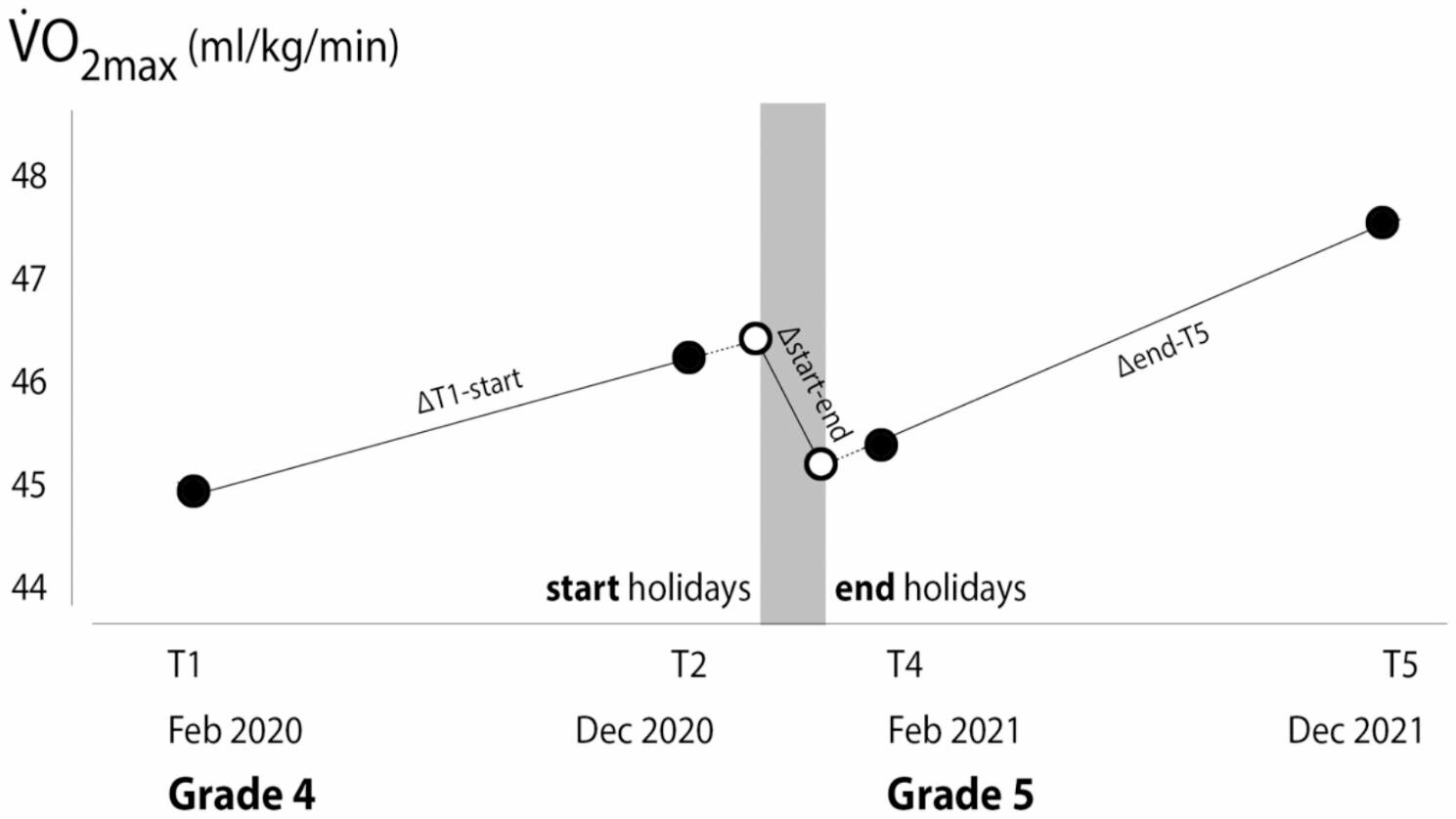
On the cusp of summer holidays, Aussie kids are looking forward to some well-deserved time off. But too much downtime could create health problems, as new research shows that holidays are the prime time for excessive weight gain in kids.
Conducted by the University of South Australia’s Alliance for Research in Exercise, Nutrition and Activity team, the “Life on Holidays” study assessed changes to children’s fitness and fatness during the holidays. It found that children’s body fat increased at a faster pace during school holidays than in-school periods.
The study found that young children (in Grades 4 and 5) expended less energy during holidays than during the school year. The work is published in the journal BMC Public Health.
Specifically, children slept 12 minutes less per day, spent 12 minutes less per being physically active and spent an additional 70 minutes per day on screen time.
Children’s body fat increased at a greater rate during the holidays, and aerobic fitness declined faster than during the in-school periods.
It is the first study of its kind outside of the U.S.
In Australia, 1 in 4 children and teenagers are overweight or obese. Globally, more than 124 million children and adolescents (6% of girls and 8% of boys) are obese.
Lead researcher, UniSA’s Professor Tim Olds says promoting physical activities for children in the school holidays could help address unhealthy weight gain and declining fitness.
“Like all of us, kids (and their parents) deserve some holiday downtime, but the way they spend their time on holidays is very different from the school term—and in ways which is not always good for children’s health,” Olds says.
“On school holidays, kids are significantly less active than when they’re at school, and this translates into higher body fat percentages and lower levels of fitness.
“During the holidays, kids spend about 12 minutes less each day in moderate to vigorous physical activity—almost an hour and a half a week—and get more than an hour’s extra screen time each day. They also spend an extra 20 minutes each day in transport, and a quarter of an hour more per day just chilling.
“It’s not surprising to find that kids get fatter at a faster rate on school holidays compared to school term, and lose a lot of fitness. If kids spent the whole year on holidays, their percentage of body fat would increase by about 4% more each year than if they had no holidays, and their fitness would decline by about 10% each year.
“Kids who are not getting enough exercise and movement have a greater risk of developing health issues, such as cardiovascular disease and Type 2 diabetes later in life, so it’s important that we encourage kids to stay active and embrace a balance of downtime and exercise.”
The two-year study focused on children aged 9–10 years, with data collected at the beginning and end of Terms 1 and 4 in both Grades 4 and 5. More than 150 participants from the “Life on Holidays” study took part in this study.
Co-researcher, UniSA’s Dr. Dot Dumuid says that one solution could be for Australia to adopt the American institution of summer camps and holiday programs to improve kids’ use of time during holidays.
“A defining factor of school holidays is that they’re unstructured—they can get food from the fridge when they want it, and generally have access to computers and devices—and there’s no doubt that screen time plays a key role in increased sedentary time during school holidays,” Dr. Dumuid says.
“When you compare this to the structure of a school day, where kids have a prepared lunch, and scheduled PE lessons and playtimes, it’s vastly different.
“In contrast, summer camps and holiday programs get a big tick of approval as they provide kids with physical activities in a semi-structured way. Already popular in America, summer camps may be worth investigating as a viable option over Australian holidays.
“We all want our kids to be healthy. And while devices and TV may provide a bit of babysitting, is it really worth your child’s health?”
More information:
Tim Olds et al, Changes in fitness and fatness in Australian schoolchildren during the summer holidays: fitness lost, fatness regained? A cohort study, BMC Public Health (2023). DOI: 10.1186/s12889-023-17009-4
Journal information:
BMC Public Health
Source: Read Full Article
